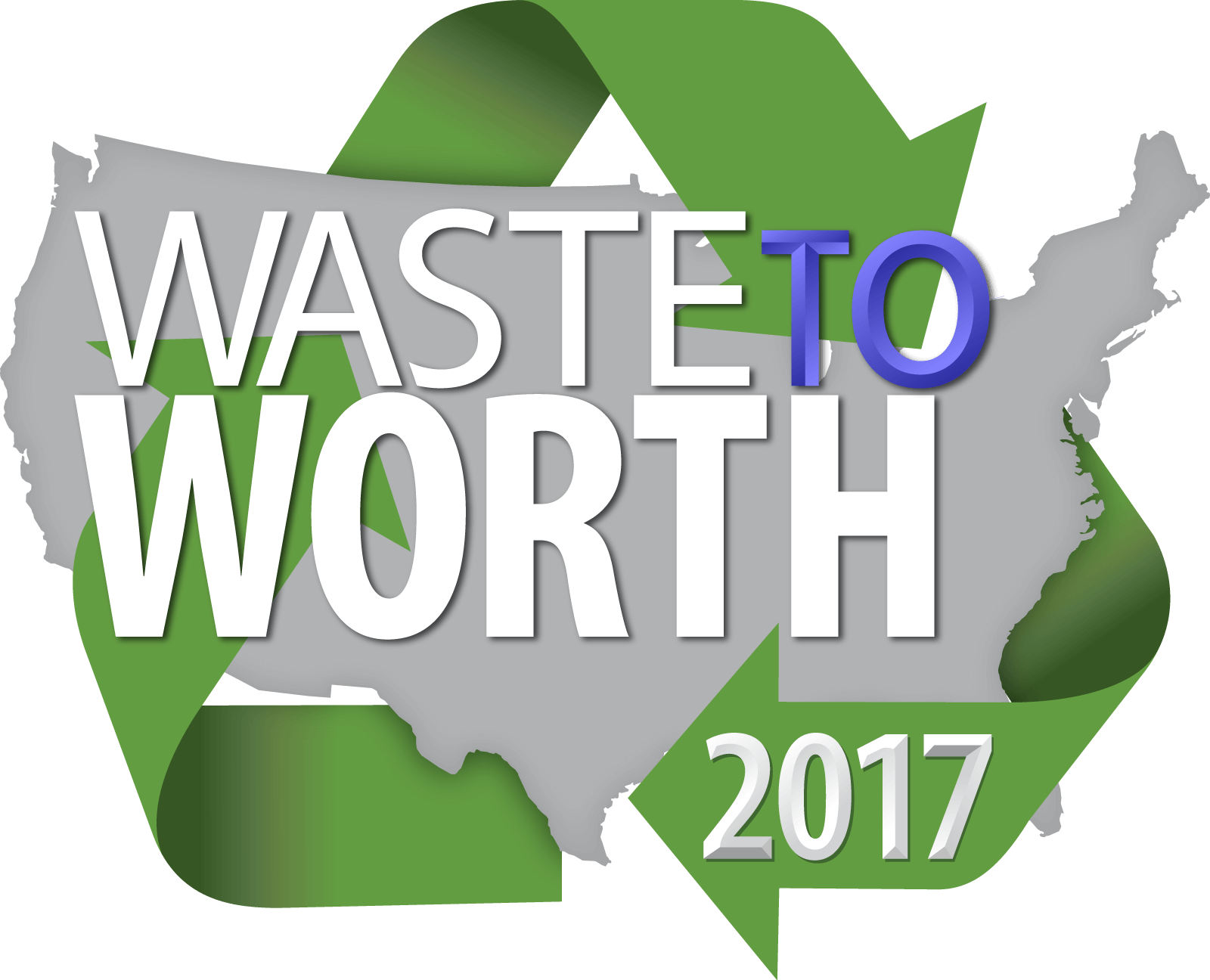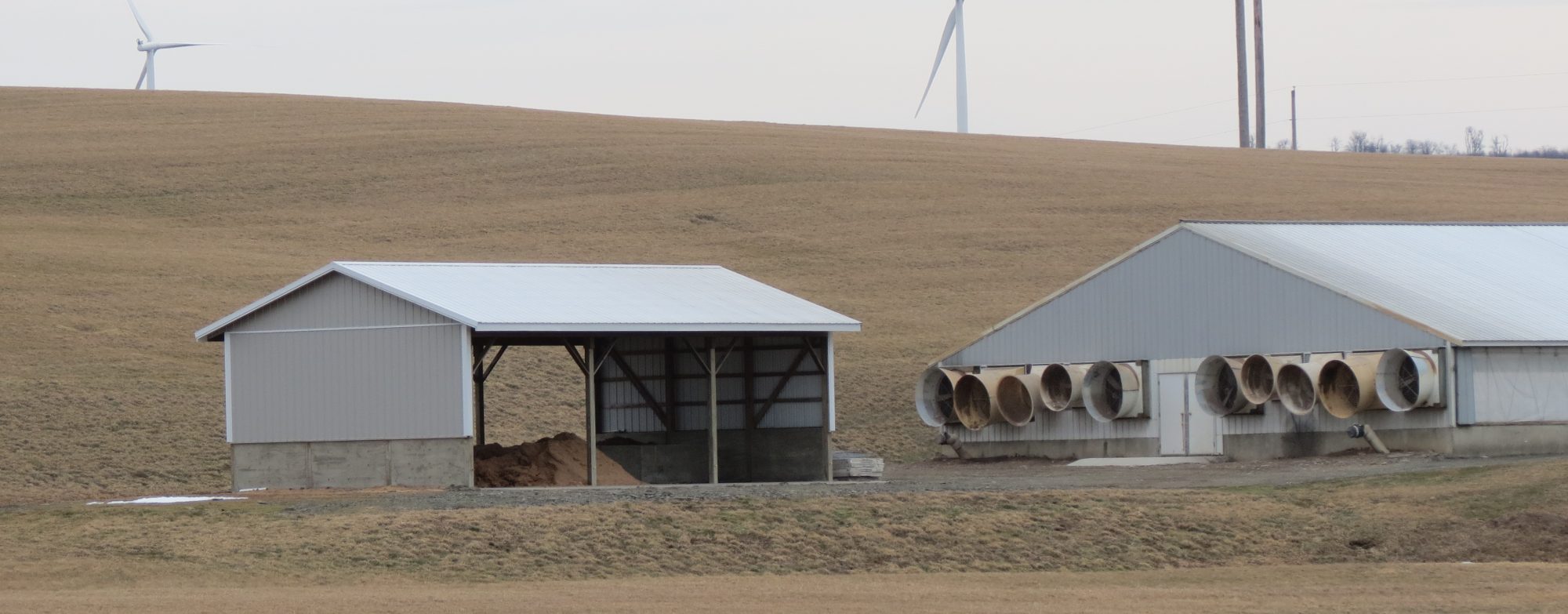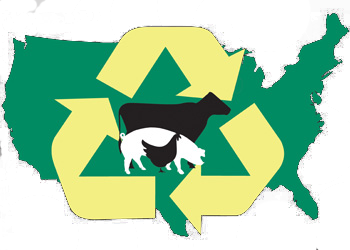Proceedings Home | W2W Home 
Purpose
In a multimedia-based world, short videos are an effective visual means to provide information. A series of short (5-minute) climate change videos focusing on water conservation and efficiency were developed to connect innovative farming practices to other farmers, their advisers, consultants and the agricultural community.
What did we do?
Profiled stories include: water-efficient measures, featuring ‘low irrigation spray application’ (LISA) irrigation and ‘low elevation precision application’ (LEPA) irrigation in Eastern Washington; a video focused on dry-land farming of vegetables and fruit in Oregon using regionally adapted long taproot varieties from California; and a video featuring an Eastern Washington dairy farm’s reactive adaptation management after 2015, preparing for future growing seasons with less water. In each of the short videos, farmers, their advisers, and university experts are interviewed to provide their perspectives, knowledge and economic information.
What have we learned?
These videos are shared to highlight successful practices of conserving water while remaining profitable. Each video suggests evaluating a climate compatible management practice or crop variety on a part of a field, or when replacing outdated irrigation sprinklers and pumps.
Future Plans
Future plans include regional promotion of these successful practices.
Corresponding author, title, and affiliation
Elizabeth Whitefield, Research Associate, Washington State University
Corresponding author email
Other authors
Joe Harrison, Livestock Nutrient Management Extension Specialist, Washington State University
Additional information
Please visit https://puyallup.wsu.edu/lnm/ to view the videos and to find more information.
Acknowledgements
This effort was fully supported by Western Region Sustainable Agriculture and Research Education Program (EW15-012, Implications of Water Impacts from Climate Change: Preparing Agricultural Educators and Advisors in the Pacific Northwest)

